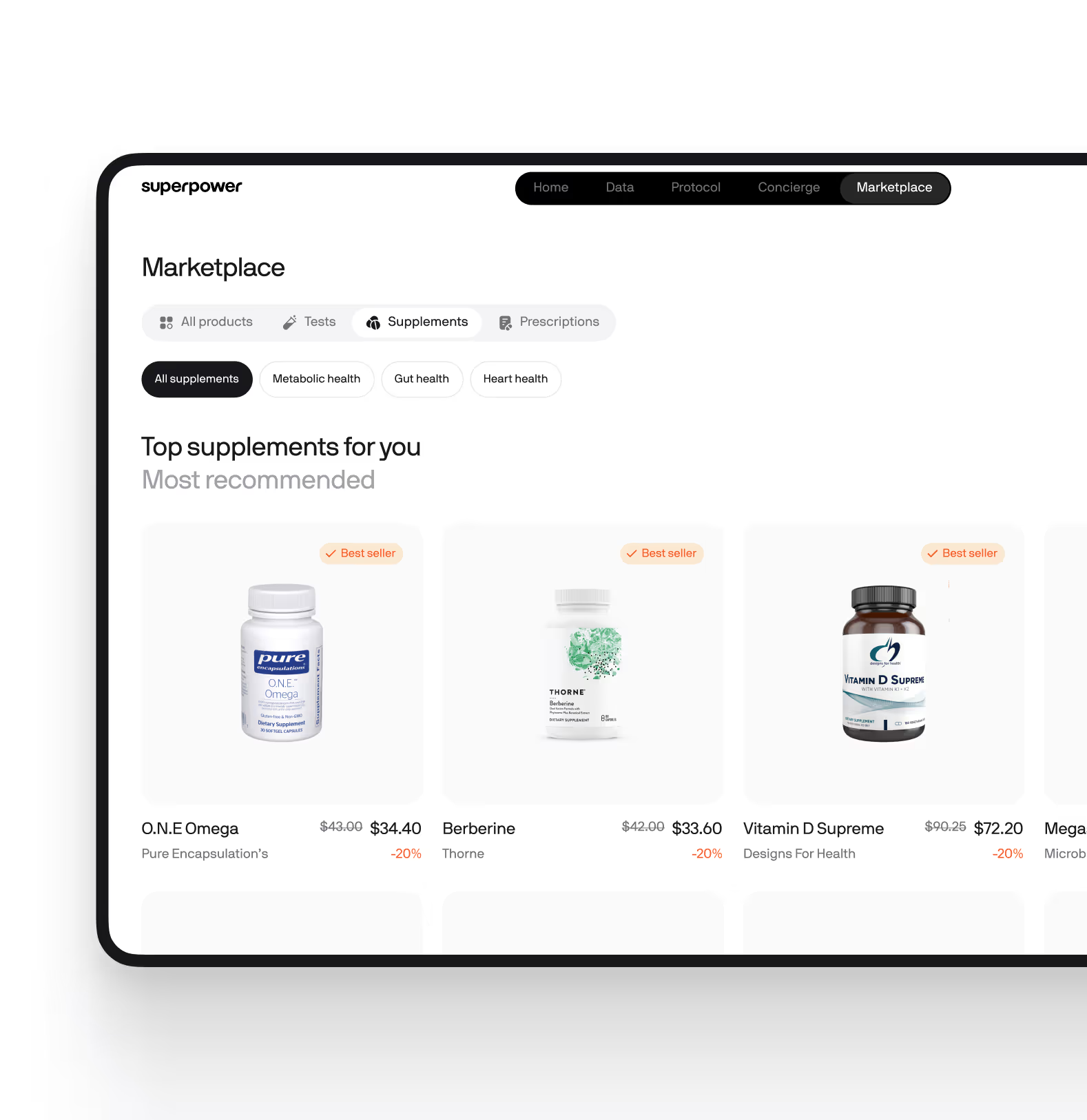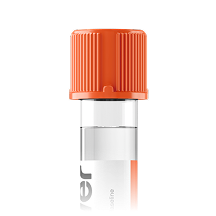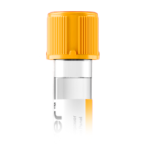Key Insights
- Understand how this test reveals your body’s current biological state—specifically whether a testicular tumor is producing a measurable signal and how active it is.
- Identify a tumor biomarker (beta-hCG) that can help explain concerning findings like a testicular mass, rapidly rising levels, or unexplained symptoms that point to germ cell tumor activity.
- Learn how biology and context—tumor subtype, timing after surgery, and factors like assay method—shape what your results mean for risk and response.
- Use insights to guide choices with your clinician: confirming diagnosis, refining staging, selecting therapy, and planning follow-up intensity.
- Track how your results change over time to monitor treatment response, measure recovery after surgery, or detect recurrence early.
- When appropriate, integrate this test with related panels (AFP, LDH) and imaging to build a complete picture of tumor burden and trajectory.
What Is a Beta-hCG Test?
The beta-hCG test measures the beta subunit of human chorionic gonadotropin in blood. In testicular cancer, certain germ cell tumors develop trophoblastic elements that secrete beta-hCG, making it a clinically useful tumor marker. A standard blood sample is analyzed using sensitive immunoassay technologies (such as chemiluminescent or electrochemiluminescent assays) that target the beta subunit to minimize cross-reactivity with related hormones. Results are typically reported in IU/L or mIU/mL and interpreted against male reference intervals, which are usually undetectable or very low, with exact cutoffs determined by the testing laboratory.
Why this matters: beta-hCG behaves like a real-time activity meter for specific tumor types. Elevated levels can support a diagnosis of germ cell tumor, help distinguish tumor subtypes, and provide objective data on tumor burden. After surgery or chemotherapy, beta-hCG’s relatively short half-life (about 24–36 hours) allows clinicians to watch levels fall when treatment is working. Rising or plateauing values can signal persistent disease or recurrence before symptoms reappear. In short, this lab anchors decision-making across diagnosis, staging, treatment monitoring, and long-term surveillance.
Why Is It Important to Test Your Beta-hCG?
Testicular germ cell tumors can secrete beta-hCG, which turns the bloodstream into a readable dashboard of tumor biology. Measuring it can uncover hidden activity that imaging may not fully capture, reveal aggressive behavior in certain subtypes, and help map how the tumor responds to surgery or systemic therapy. This is especially relevant if you have a testicular mass, imaging suggestive of a germ cell tumor, or if you’re in active treatment or follow-up. Even small changes can carry weight when interpreted alongside other markers like alpha-fetoprotein (AFP) and lactate dehydrogenase (LDH), plus exam and imaging.
Zooming out, regular beta-hCG testing is about clarity and timing. It helps catch early warning signs, quantify progress, and track how interventions shift tumor pathways over weeks and months. The goal isn’t to “pass” a lab test, but to understand where your biology stands and how it’s changing. That knowledge supports precise, timely decisions that improve outcomes and reduce unnecessary treatment.
What Insights Will I Get From a Beta-hCG Test?
Your report presents a number—often with a reference range—and sometimes a visual trend line if prior results are available. “Normal” for adult males generally means undetectable or very low, though each lab sets its own interval. “Optimal” in a cancer context usually means undetectable after successful treatment, sustained across time. Context matters: a single mildly elevated value can mean something very different before surgery than it does a week after, when expected declines follow the hormone’s half-life. The most actionable insight often comes from the slope of the curve, not a single point.
When beta-hCG is in the expected low or undetectable range, it suggests there is no measurable secretion from a germ cell tumor. In treatment, a steady decline that matches beta-hCG’s half-life points toward effective tumor kill and efficient clearance. Variation is common and influenced by tumor subtype, baseline burden, and your body’s metabolism and clearance.
Higher values can indicate greater tumor activity or the presence of nonseminomatous elements that are more likely to secrete this marker. Markedly elevated results may influence staging and risk grouping when interpreted with AFP, LDH, and imaging. Persistently elevated or rising levels after orchiectomy or during chemotherapy can point to residual disease or relapse, prompting earlier evaluation. Abnormal results are not a diagnosis on their own; they are a signal that guides the next right step with your oncology team.
.avif)

.svg)








.avif)



.svg)





.svg)


.svg)


.svg)

.avif)
.svg)










.avif)
.avif)



.avif)







.png)